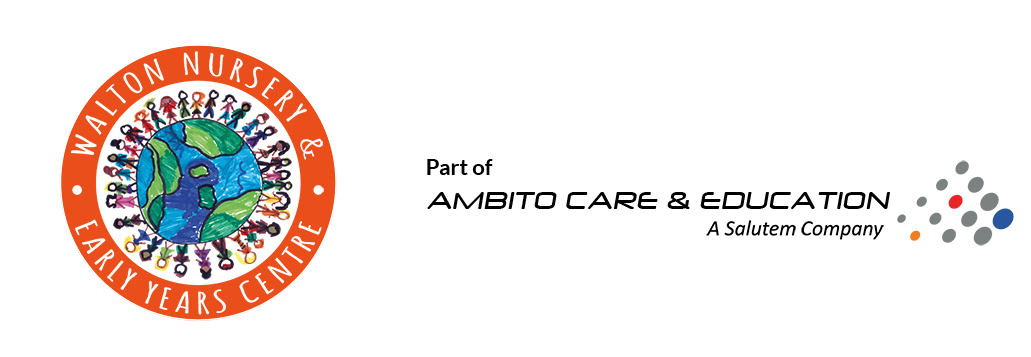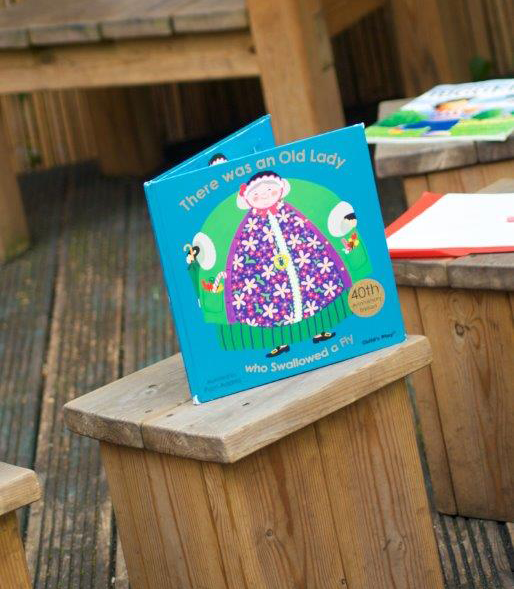Learning
Early Years Foundation Stage
The EYFS (Early Years Foundation Stage) is the framework your child will follow whilst attending a nursery setting. The framework is used with children from birth up to 5 years old – it also relates to children who are in a school setting right up until the end of their reception year.
The years from birth to 5 is where you see the greatest growth and learning for all children including:
- Good Health
- Being Happy
- Feeling Safe
- Being Successful
The EYFS suggests that children do best when parents/carers and professionals work together (this is to help support their development and learning). Practitioners should be asking you about your child and providing you with information about your child’s progress.
Understanding what your child is doing when they are around others will help you notice how well they’re developing and learning.
Each theme applies to all children from birth up to the age of 5. The themes are supported by four principles that describe how the theme can be put into practice.
1. A Unique Child: Every child is a unique child who is constantly learning and can be resilient, capable, confident and self-assured.
2. Positive Relationships: Children learn how to be strong and independent from a base of loving and secure relationships with parents and/or a key person.
3. Enabling Environments: Children learn and develop well in enabling environments where their experiences respond to their individual needs and where there is a strong partnership between parents/carers and practitioners.
4. Learning and Development: Children develop and learn in different ways and at different rates. All areas of learning and development are equally important and interconnected. The framework covers the education and care of all children including those with educational needs and disabilities.
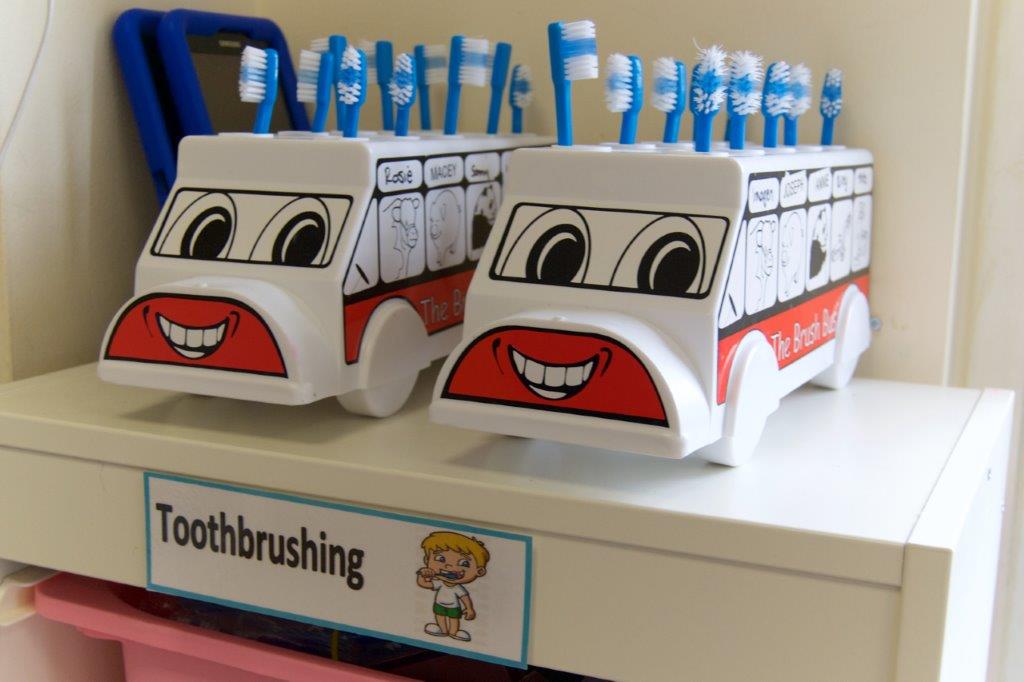
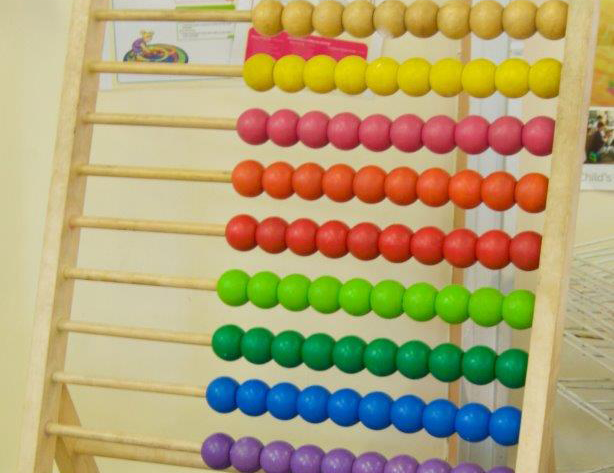
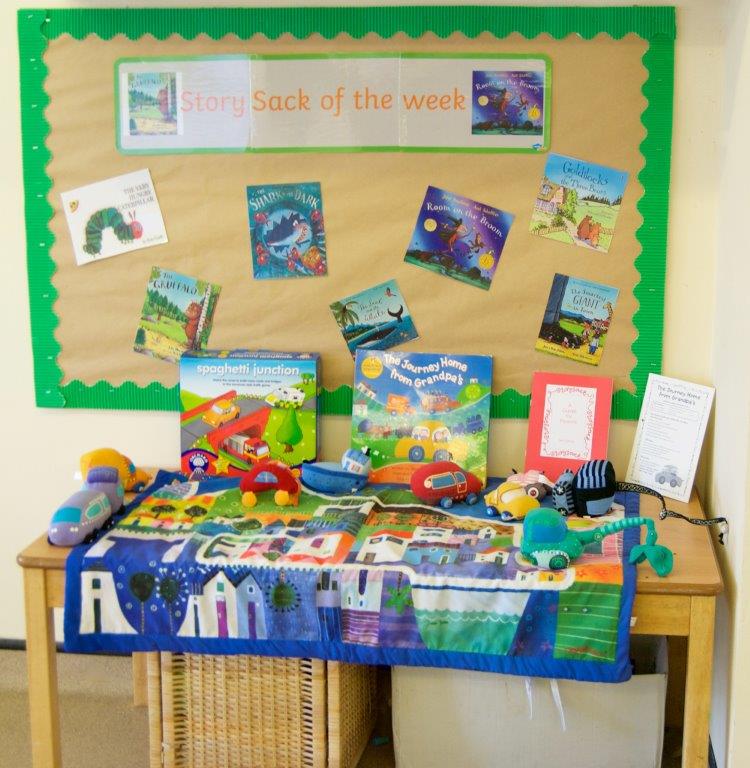
Key-Person
Each child at nursery will be assigned a key-person. Their role is to help ensure that every child’s care is tailored for to meet their individual needs. Developing a secure bond with their key-person allows your child to explore and play freely but feel safe within the environment. They will have activities and quality learning experiences planned for them based on their individual needs.
Your key-person will generally be the person who welcomes you and your child into the nursery and supports your child in settling into the session. They will also be the main practitioner carrying out the child’s intimate care needs, such as putting to sleep, nappy changing and physical closeness. Any information shared with the parents is also done mainly through the key-person.
The key-person approach provides them with a dedicated staff member who fully understands the learning, development and care needs of their child, this gives you the confidence to leave your child at the nursery knowing they will be cared for in a way that is tailored to the information that you provide.
Learning Journey
When your child starts nursery, they will be given a learning journey (unique electronic recording system). The learning journey shows your child’s progression whilst here at nursery. The learning journey contains: photos, observations and reports on your child.
The Learning Journey is designed to enhance rather than replace daily interactions between the staff team and parents/carers. Your child is observed by their keyperson. Some of these observations will be moments during play whilst other times will concentrate on specific learning intentions known as ‘next steps’.
Each room has two smart tablets where individual learning journeys are stored on. The tablets record: observations, videos and links to the EYFS.
Parents/carers are encouraged to ‘log’ into their child’s learning journey after being provided with a secure login and password by their child’s keyperson. The learning journey gives you a chance to upload any photos/observations of what your child does/learns at home.
The on-line learning journeys are secure and password protected in relation to safeguarding and protecting the children.
